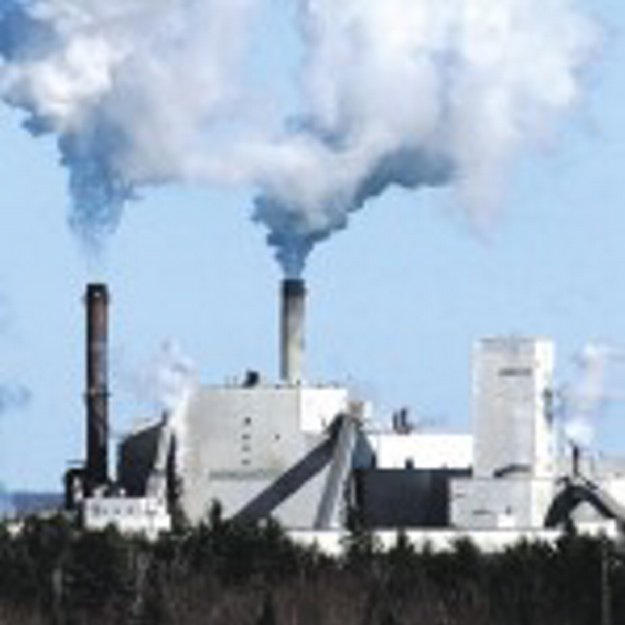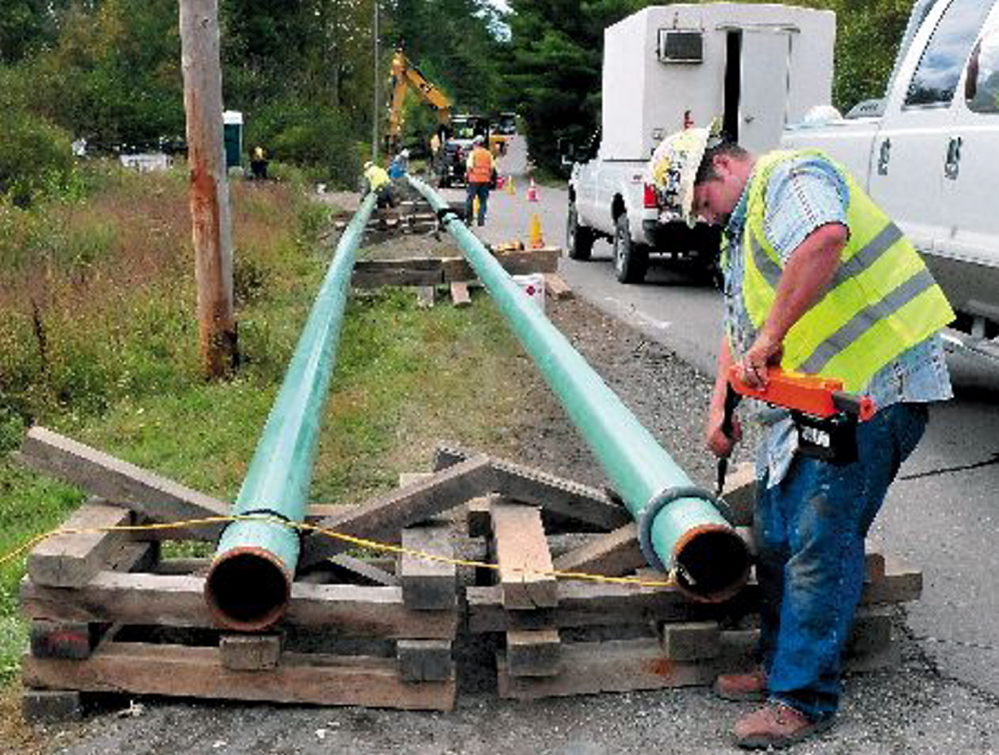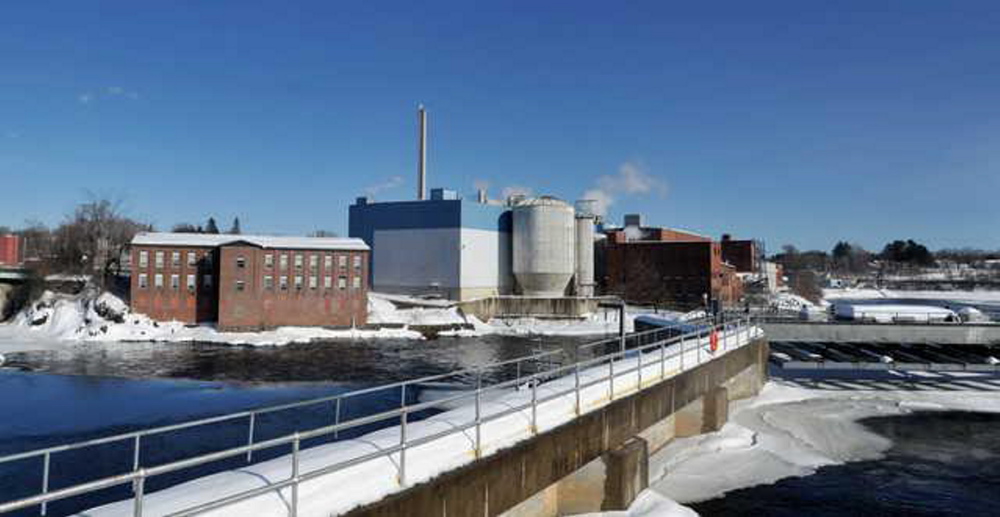The closing of Verso Paper Corp.’s Bucksport paper mill will not affect the company’s Androscoggin Mill in Jay, company officials said, but rising energy costs and the state of the paper industry are still a concern for the company and others operating paper mills in central Maine.
Executives who spoke on the issue Thursday said increased capacity for natural gas delivery in central Maine is important to controlling energy costs at the huge plants.
“Certainly energy costs are a concern in that part of the country,” said Robert Mundy, senior vice president and chief financial officer for Tennessee-based Verso. “It’s something that obviously needs to be addressed, and we’re not alone in that area.”
On Wednesday company officials announced they will be closing the Bucksport mill in December, but Mundy said that decision will not affect the Jay mill.
“Every mill is very unique,” he said. “They have two different infrastructures and to a large extent make different products that go to different users. There is no connection between Bucksport and Jay.”
The company said the decision to close Bucksport was a result of declining demand in the paper industry as well as the high energy costs.
Executives at other companies that own central Maine paper mills and others involved in the industry have called for a larger investment in natural gas infrastructure to help control energy costs.
“I’m extremely concerned with the electricity prices in the winter season,” said Russ Drechsel, president of Madison Paper Industries in Madison. The mill runs primarily on a combination of natural gas and electricity generated by burning fuel oil. As energy use climbed last year because of extremely cold weather, the Madison facility shut down for days at a time because of the resulting high electricity prices caused by dramatic increases in the price of fuel oil, Drechsel said.
The company is able to retain employees as long as it doesn’t have to shut down the mill for more than a week at a time, which Drechsel said was possible last year. Both the Verso mill in Bucksport and Great Northern Paper Co. in Millinocket also shut down temporarily last winter because of high energy costs.
At the nearby Sappi Fine Paper Somerset mill in Skowhegan, most of the electricity used to power the facility is generated in an on-site power plant, according to Bob Dorko, the mill’s utilities and recovery manager. Like the Madison mill, the Skowhegan facility is connected to Summit Natural Gas of Maine’s newly built gas pipeline. Sappi officials are looking for other ways to reduce overall energy costs, Dorko said in an email, with the option to use natural gas for electric generation an important part of the strategy.
“In general, we believe it is important to improve the natural gas pipeline capacity in New England because the current capacity puts us at a disadvantage with our competition both nationally and worldwide,” he wrote.
In 2013, the Legislature passed the Omnibus Energy Law, which was intended to address the problem of high energy costs through funding for natural gas pipelines and energy-efficiency programs and helping residents convert to affordable heating systems.
However, Drechsel and others said Thursday that the relatively new law is not enough, and they called on the state’s Public Utilities Commission to stimulate further investment in natural gas pipeline capacity, to help reduce energy costs by bringing more gas into the state.
“Energy costs have historically been a problem for our mills,” said John Williams, president of the Maine Pulp & Paper Association. In recent years, many mills have converted from fuel oil to natural gas; but in the winter, and especially in cold winters, too little gas is available to meet the demand. As a result, prices have increased.
“It’s been a real issue for a number of our mills here in Maine,” said Williams. “I don’t know if anyone knows what will happen this winter, but it’s a big concern. In other parts of the country they don’t have this problem, because it’s not that there isn’t gas. There’s plenty of gas. The problem is getting it into New England. The pipeline capacity is just not sufficient.”
In Madison, Jay, Skowhegan and other mill towns, the cost of energy depresses mill net income, which hurts their value to the local tax base, according to William Van Tuinen, an industrial appraiser who recently helped the towns of Madison and Skowhegan assess the taxable value of their paper mills — both of which were reduced this year by more than 15 percent.
“Another major, major factor is that nobody is buying paper,” Van Tuinen said. “The paper industry in Maine is making printing paper with fewer people interested in buying paper to print product on. That’s the biggest killer. If you have a business and people are buying less and less of your product every year, because they’re using other things— digital substitutions— to distribute advertising, books and magazines, that hurts your business.”
Rachel Ohm — 612-2368
Twitter: @rachel_ohm
Send questions/comments to the editors.





